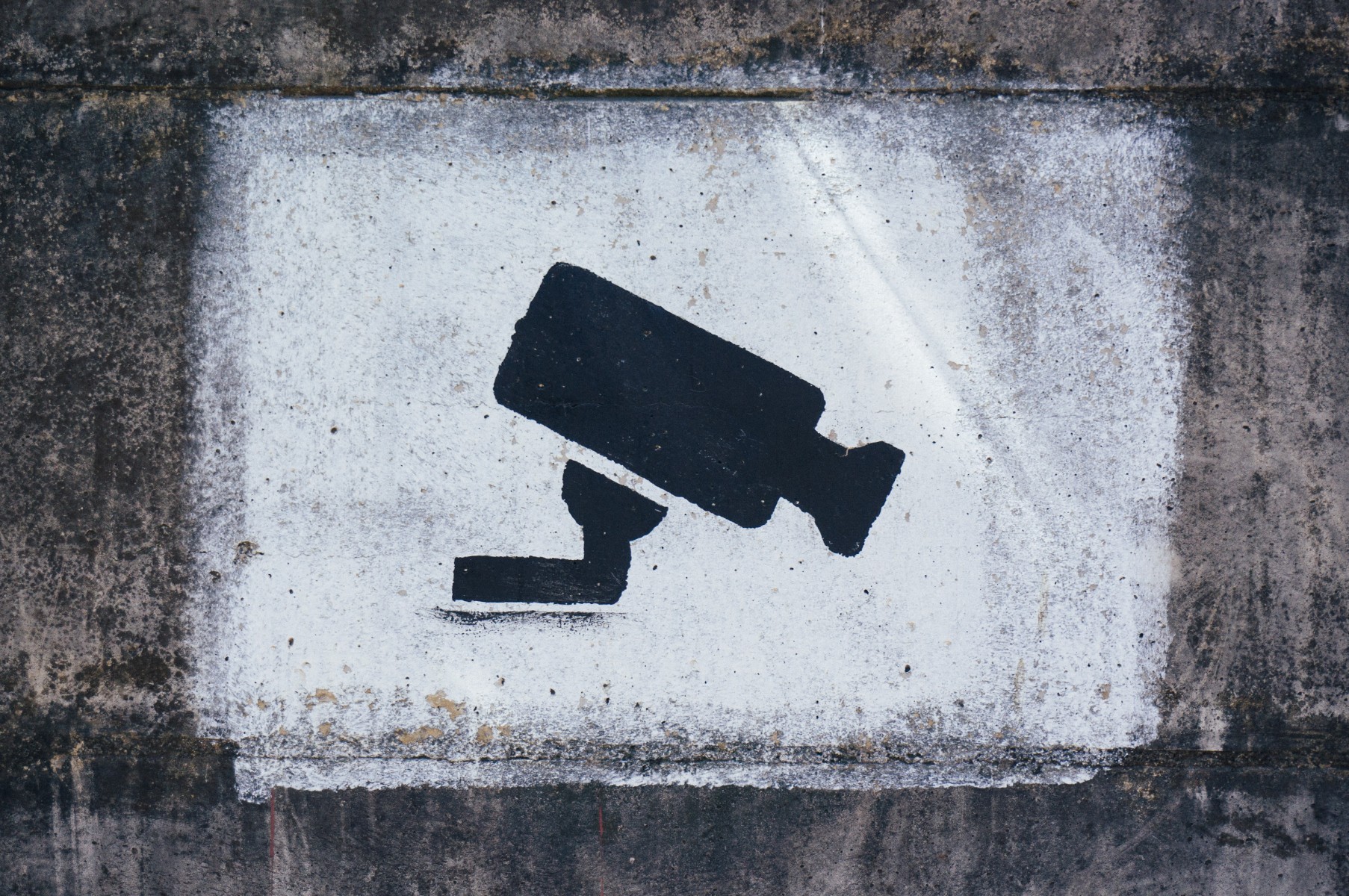In the Spanish market we have many types of alarms available and choosing which is the best alarm for our house can be complicated.
To make a correct choice we must know what degree of security we want to have and how much we want to invest, as well as the location of the property, the state of occupation and the characteristics of the home.
The components of an alarm are:
-Sensors: Movement, vibration, aperture, camera. They detect activity and movement.
-Control Unit: Device that recive the signals from the sensors and gives the notice to the users or to the control center.
-Keyboard: It is used to activate the different functions of the alarm, activate or deactivate it.
-Siren: In addition to having a deterrent effect, it alerts neighbors and passersby.
The alarms can increase the detection signal with more sensors or elements that increase the detection capacity such as access control (electronic locks), sound sensors, infrared, video surveillance cameras or visual signals for people with hearing disabilities.
Starting from the most basic models, there are many options and possibilities of these devices and the cost of installation and maintenance will depend on them.
The degree of security that the home requires will depend on how attractive it may be to criminals or the vulnerability of the property. The chalets, penthouses, low land and easily scalable flats have a greater risk than a flat with difficult access of a family of average economic level.
The risk assessment and the protection of the assets in the property give us an idea of how much we could pay for their protection.
Alarms connected to Spanish central:
If we opt for an alarm connected to a central, the security company will take care of the warning and check the security of the property, usually through a security guard who, if necessary, would notify the police. This option involves paying a monthly fee for the service.
Alarms without central connection:
In case of choosing an alarm without a monthly fee, it will be the owner or the persons determined by him who will attend to the incident.
There are multiple models of this type of alarm, with different characteristics and benefits, from those that give the notification to the pre-established telephone numbers to those that allow video surveillance from the mobile phone through applications.
In this decision, the first factor that influences is whether it is a first or second residence and the possibility that we or a neighbor will resolve the incident.
Alarms connected to home automation:
Home automation systems offer a wide range of possibilities, so many that a world of possibilities opens up.
They allow you to turn lights on and off, raise and lower blinds, emit sounds through the siren at full volume, allowing you to see what is happening inside the house at all times.
Home automation has a higher level of prevention. In second homes or homes that remain empty for days, they allow you to raise and lower blinds, turn lights on and off at certain times of the day to simulate that they are inhabited.
It also gives us information on many other problems that we can have at home such as gas leaks, temperature and humidity sensor, something very useful if the residence is not visited for long periods, especially if it is far from the first residence, since it allows a quick action for breakdowns or accidents that would otherwise take more time to resolve.
In this way we can take advantage of the moment to install security systems to add other utilities to our home.






 API: 764
API: 764
